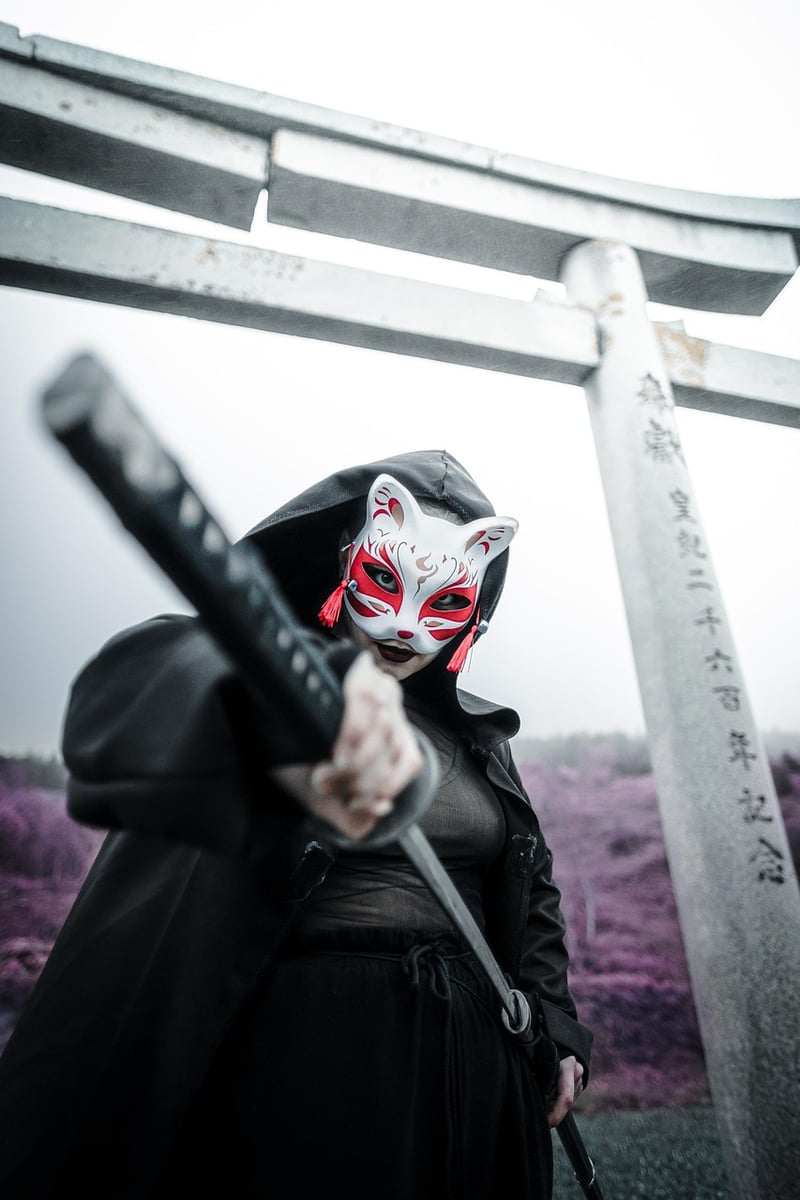Historical Etiquette
Guidance for Travelers and Historical Etiquette
Introduction
Welcome to our guide offering essential tips for travelers and a glimpse into historical etiquette practices. Whether you're a seasoned globetrotter or a first-time explorer, understanding local customs and historical norms can enhance your travel experience and help you navigate unfamiliar territories with ease.
Travel Tips
- Research your destination's culture, traditions, and taboos before you travel.
- Learn a few basic phrases in the local language to show respect and connect with locals.
- Respect local customs regarding dress codes, behavior, and interactions with others.
- Be mindful of your environmental impact and strive to be a responsible traveler.
- Stay open-minded and embrace new experiences, even if they differ from your own norms.
Historical Etiquette
Exploring historical etiquette can provide fascinating insights into past societies and cultural practices. Here are a few etiquette tips from different eras:
Victorian Era
In the Victorian era, proper etiquette was highly valued. Men would tip their hats to greet women, and strict rules governed social interactions. Dressing modestly and using formal language were essential for maintaining a respectable image.

Feudal Japan
Etiquette in feudal Japan was deeply rooted in respect and hierarchy. Bowing was a common form of greeting, and the way one presented a gift was as important as the gift itself. Samurai warriors followed a code of conduct known as Bushido, emphasizing loyalty, honor, and self-discipline.

Renaissance Europe
In Renaissance Europe, etiquette played a crucial role in social status and relationships. Courtly manners, elaborate ceremonies, and intricate codes of conduct were prevalent among the nobility. Artists and intellectuals of this period often engaged in lively debates and discussions at salons.

Conclusion
By blending modern travel tips with insights into historical etiquette, you can enrich your journeys and gain a deeper appreciation for diverse cultures and traditions. Remember, respect, curiosity, and a willingness to learn are key to making your travel experiences truly memorable.
Safe travels!
